
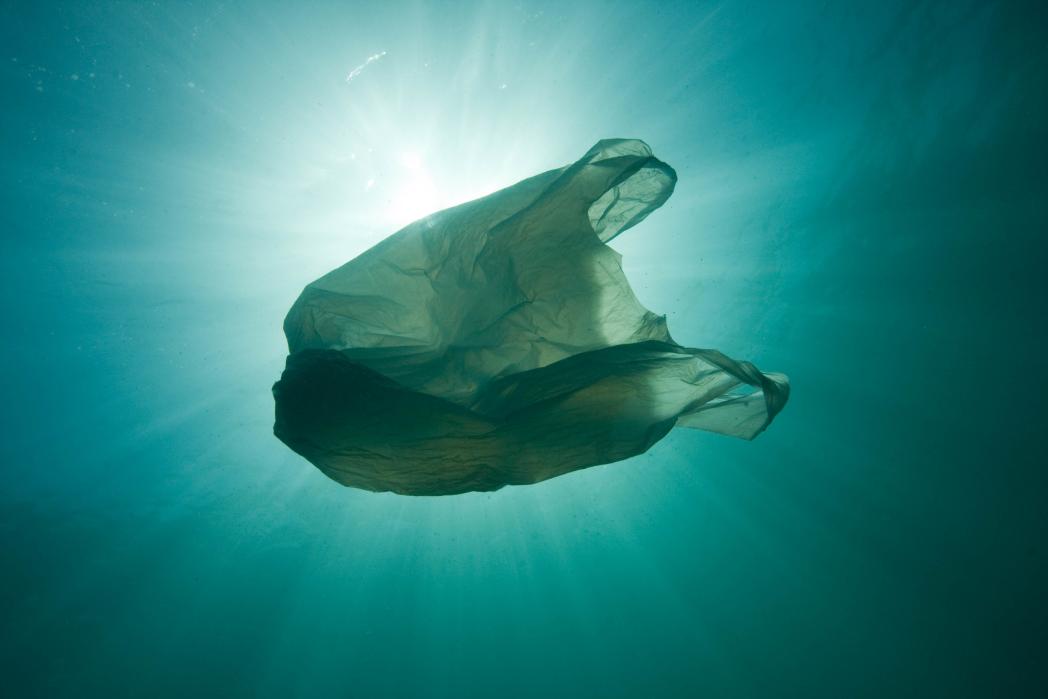
A rising tide of plastic waste is choking our oceans, threatening fragile ecosystems and killing sea life.
While plastic has revolutionised our way of life since it was invented in the 1950s, the problem is that most of the plastic that’s been made still exists. The amount of plastic in the ocean is expected to double in the next 15 years, and it’s estimated that by 2050, there could be more plastic in the ocean than fish (by weight) (Ellen MacArthur Foundation, 2016).
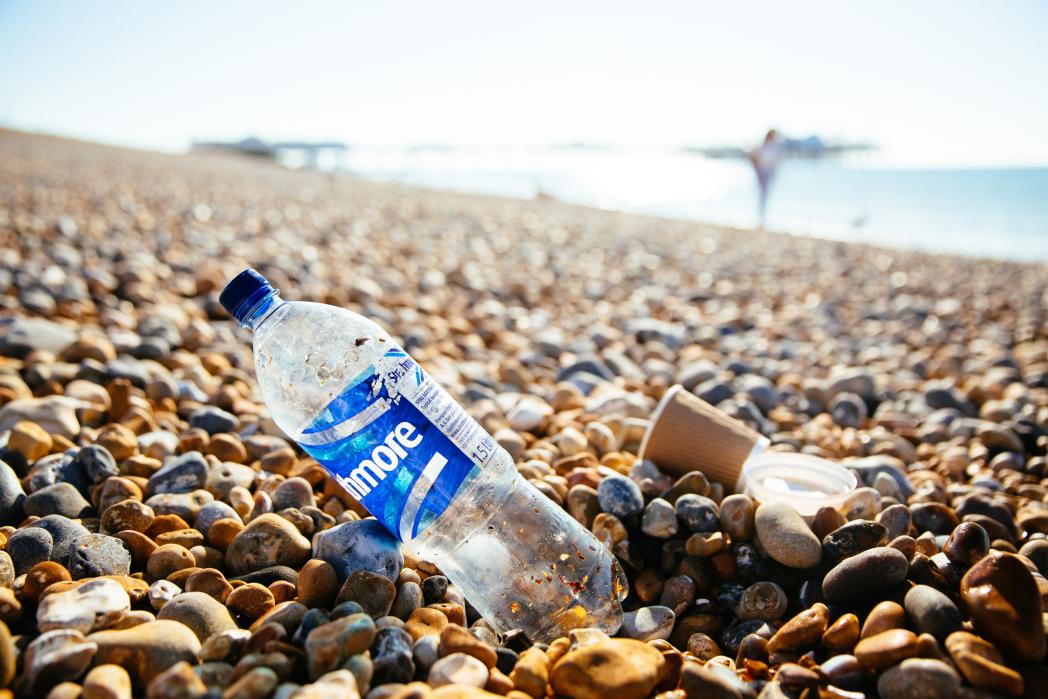
Plastic pollution can now be found everywhere on our planet, not just on beaches and floating in the ocean. Plastics have been found in the air, soil and water, in our food and even in our bodies (Leslie et al, 2022). It may come as a shock to know that most of the plastic in the ocean is out of sight, either under water or on the ocean floor. Plastic pollution has even been found in the Mariana Trench, the deepest point in the ocean.
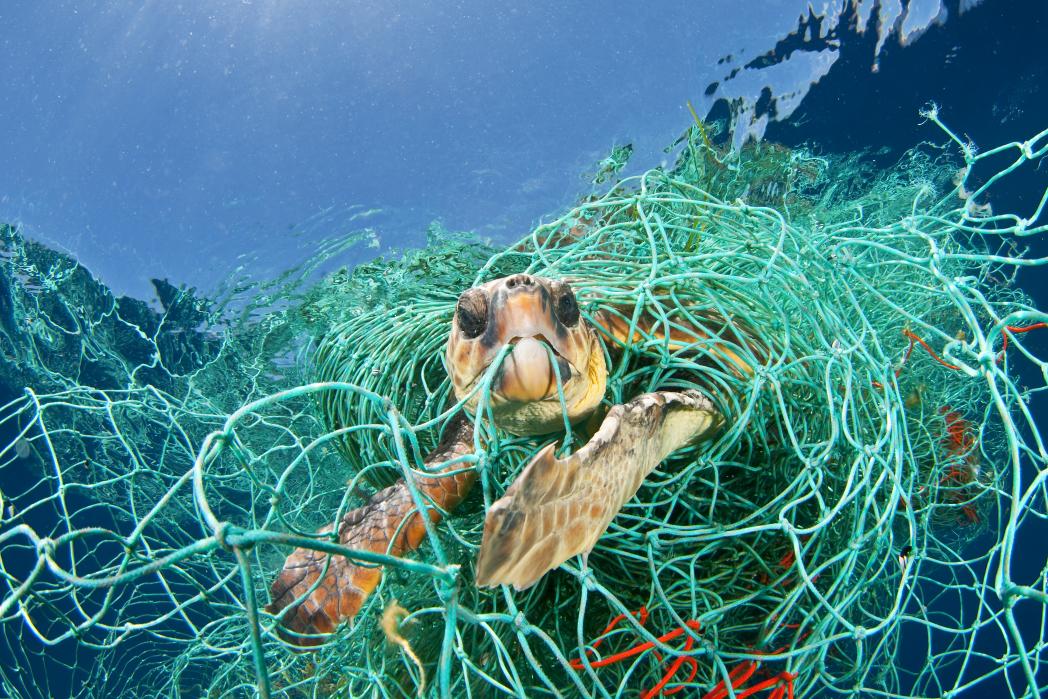
It’s estimated that 90% of seabirds have plastic in their stomachs (Wilcox et al, 2015) and half of marine turtles have eaten plastic (Schuyler et al, 2014). Marine life can choke on plastic rubbish or get tangled in it, often causing a painful, slow death. And plastic pollution is contributing to the breakdown of coral reefs.
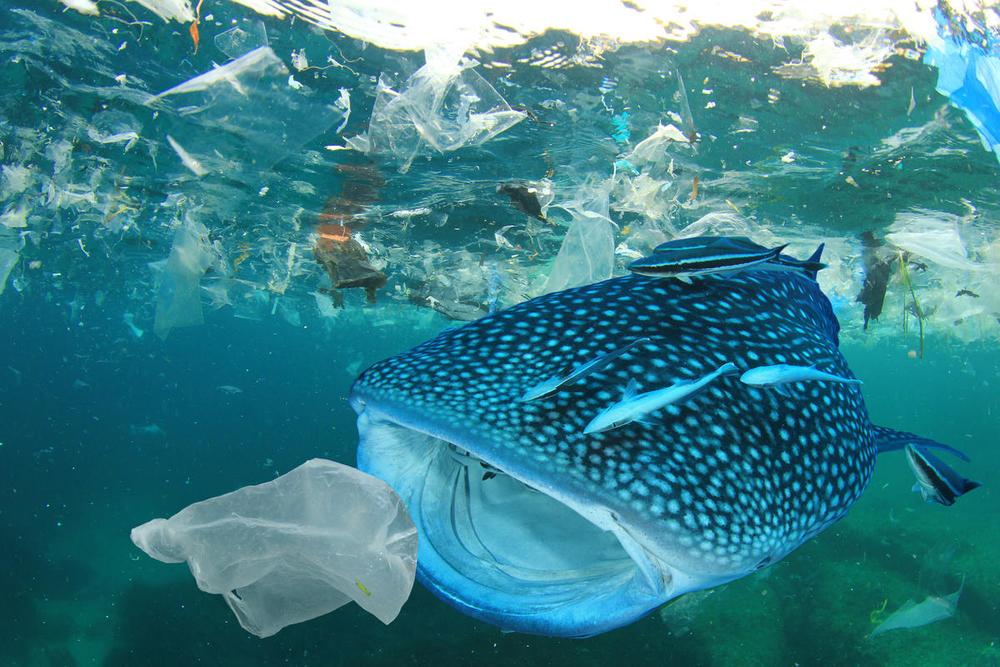
As plastic in the ocean breaks down, it creates microplastic pieces. These microplastics get swallowed by fish and other marine life and can end up in our food chain. As yet, we don’t know what effects this may have on our own health.
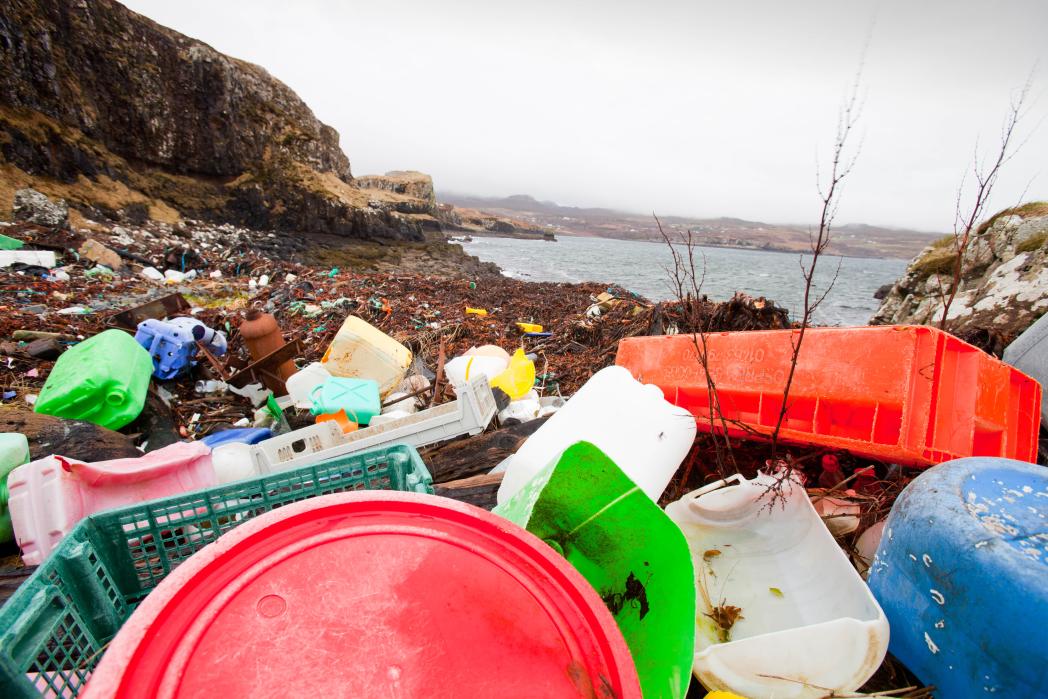
Despite this, there is hope! We can all take actions to change the situation. WWF is campaigning for a global and legally binding UN agreement on ending marine plastic pollution.
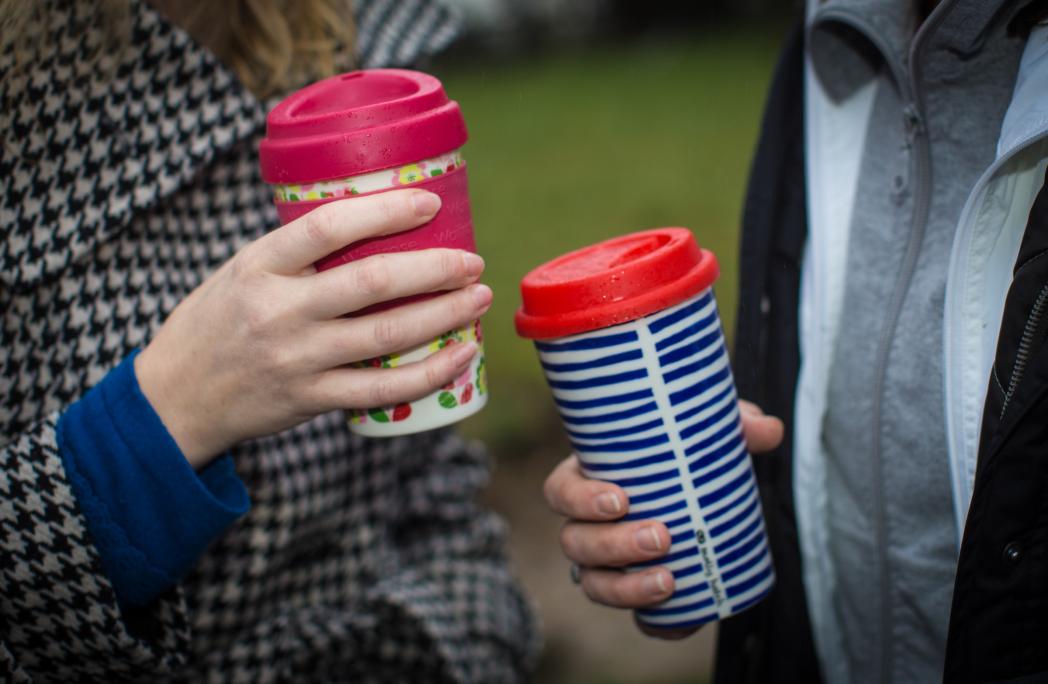
You can take action by saying no to unnecessary packaging and single-use plastic such as bottles, cups and straws, and help clean up our environments by picking up litter and reusing and recycling plastic. Take a look at some of our challenges for more ideas to reduce plastic pollution:
Say no to single use, Say no to plastic, plastic-free routine, Bring a bottle, Reusable bags, bulk buy, and try litter picking